Referees, umpires, and officials are essential to the games we love to play, watch, and cover. They’re also frequently the most frustrating part of the game. As broadcasters, it’s our job to tell the story of the game and poor officiating is often part of the story. However, being critical and opinionated on subjective officiating mistakes can make you sound like a homer — a whiner — and destroy your credibility. So how do you tell the story of the game when the officiating is shaky? Just like everything else in sportscasting, there isn’t one “right” way to do things. Here are my thoughts on how to handle this challenge.
1.) Remember That It’s Hard: Back in my days as a failing college athlete, we had to officiate high school players at the team camp hosted at our gym. That was the first time that I realized how difficult the job of a referee is. I would see fouls, but couldn’t process the facts quickly enough to make decisive calls. By the time the game was over I was getting yelled at by both sides, players were on the verge of fighting each other, and I knew I would never be an official. Give the refs the benefit of the doubt when possible and remember that human errors will be made.
2.) Let The Stats Tell The Story: Sometimes occasional human errors turn into trends that you can’t ignore. I once covered a women’s basketball game where the team I covered was called for 21 fouls and their opponent just seven and the free throw count was 25 to 1! This was the third time these teams had seen each other that season, and while the opponent won all three and was clearly the better team, there had never been anything near that lopsided. In that situation, I didn’t have to be directly critical of the officials. I just had to say that one team shot 25 free throws compared to just one for our team, the fact that the officials were either influenced by the home crowd, giving a home court advantage, or just completely inept becomes crystal clear.
3.) Know The Rules: Covering indoor football led to a brand new rulebook in which I read cover-to-cover but did not have as deep of an understanding early as I would eventually have. I wrote about some of the rules that led to foot in the mouth situations, but it could have easily been worse. Had I questioned the official ruling and been wrong any credibility would immediately be gone. So, if you are going to be critical of a perceived error, you better be 100% sure you’re right. Whether that’s from replay or something that happened directly in front of you, if there is even a shred of doubt, don’t say it.
4.) Criticize The Call Not The Official: If you are certain an error was made don’t say that the referee blew it. Instead say that it looked like player X was holding and that it might have been missed, or that it appeared player Y stepped out of bounds on the baseline and nobody noticed. If you’re critical of an individual call you can avoid making it sound personal by going after the refs.
5.) Be Honest: I’m not entirely sure about this, but sometimes when things are egregiously bad, it is your job to describe what was going on and that means telling it like it is. I once called a game against a very small school that clearly did not hire qualified refs. The calls were completely lopsided, players and coaches asked for explanations and received nothing but a smiles and nods. There was even an official timeout called because one of the refs was tired and needed to take a break. It’s the only time in my nine year professional career that I have felt relatively certain that the men in stripes were not just incompetent, but legitimately trying to give one team an advantage. I was very critical of the refs on the air because it was the story of the game at that point. However, be sure not to let this turn into a trend or risk being branded as the broadcaster who cried wolf.

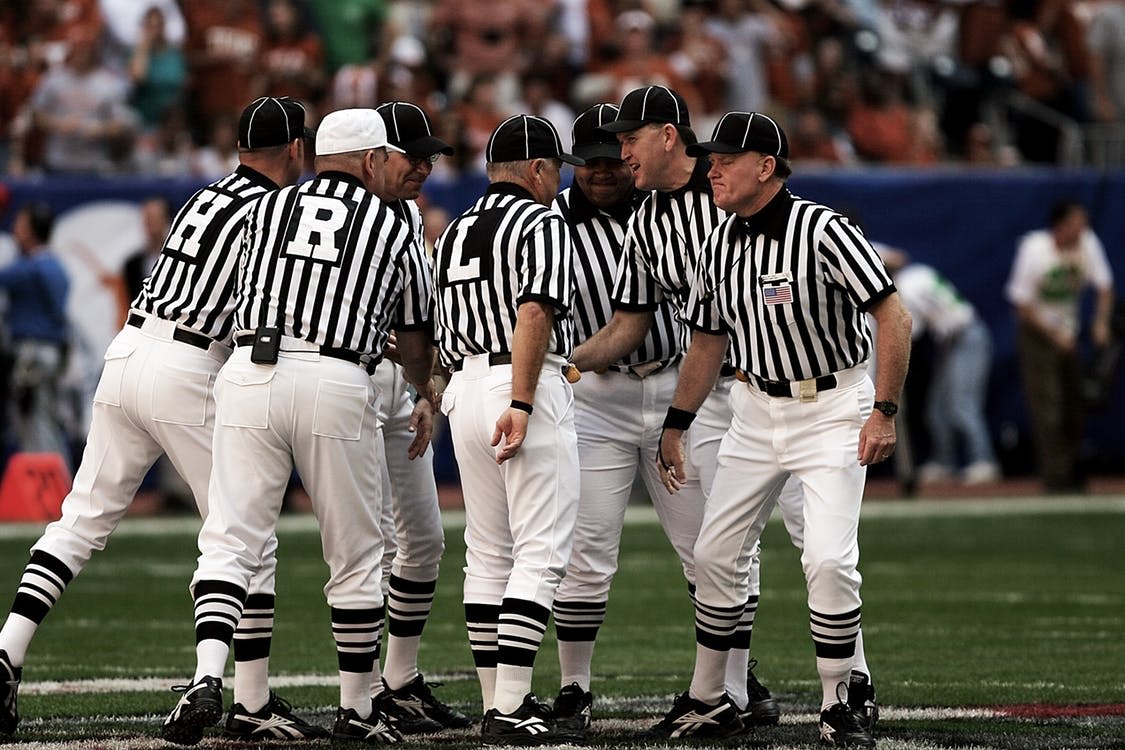
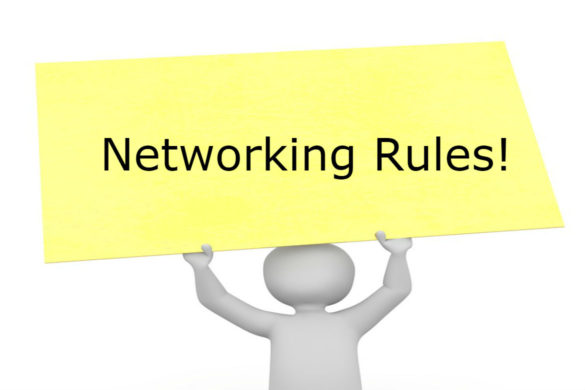

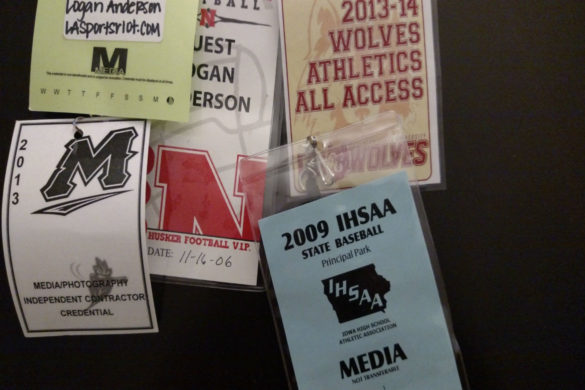

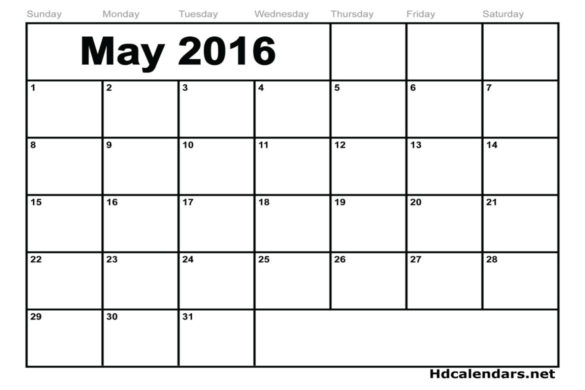




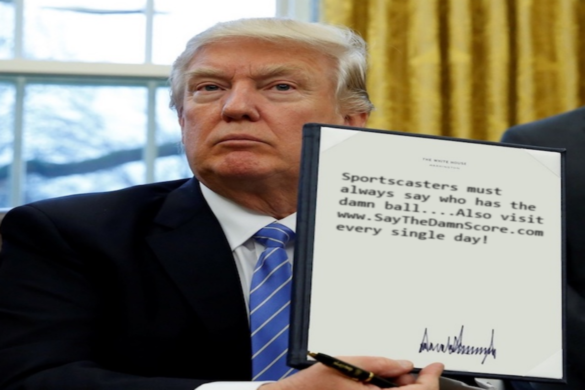
2 Comments
If there is a call that I disagree with, I will usually make my point through a coach or the fans. Something like, “Coach Smith is really upset about that call. I think he is arguing…” But, I also try to mention the official’s position or the official’s angle when the call was made. The officials usually have a better view of the play than I do, and I try and mention that. It also helps when a former official serves as a color commentator. One former official talked about how the most difficult call in a basketball game is the charge vs. block foul. When that situation comes up, it gives me a great avenue to talk about the difficulty of the call.
This is a great point and I do that frequently. I must have had a brain cramp in the writing process.